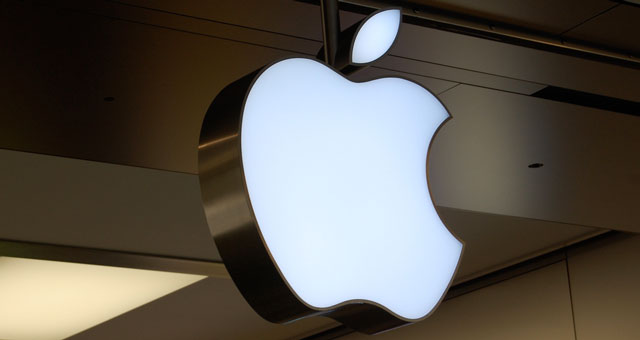
In his farewell note to investors, technology analyst Gene Munster was slightly bearish on Apple, a contrast to more than a decade of bullish recommendations.
Munster announced his departure from brokerage firm Piper Jaffray earlier this month after a 21-year career. He is leaving to start a venture capital fund that will invest in virtual reality, augmented reality, artificial intelligence and robotics start-ups.
Over this long career covering the iPhone maker, Munster remained bullish on Apple’s stock — he only had a “market perform” four times in the middle of 2004, and maintained an “outperform” or “overweight” recommendation from late June of that year through Thursday’s final research note, according to data compiled by Bloomberg.
Munster also had the ear of the CEO on earnings calls. And following his advice would have generated eye-popping returns. The company’s share price is almost 50 times greater now than when he recommended buying in June 2004.
His final note was uncharacteristically cautious. Apple will have to grow its services business a lot if the company is going to successfully address investor concern about growth and innovation, he said. Pulling that off will require big business model changes for the Cupertino, California-based company, Munster added.
“Since I started covering Apple in 2004, the two core concerns from investors have always been unit growth and innovation,” the analyst wrote. “Not much has changed since 2004 despite the evolution of the business from PC to mobile and not much will change if they are not successful in making services a bigger part of the story.”
Munster predicted that Apple’s services business, the division encompassing Siri, iCloud and iTunes, will become a bigger part of the company’s revenue. Services revenue grew 25% year-over-year in the September quarter, and it accounts for 14% of total sales, according to data compiled by Bloomberg.
For Apple to be considered a services company, that revenue needs to get to 50% of the company’s total, which may take radical strategic changes, Munster said.
“The company may have to take unique measures to sell hardware in a different way,” Munster wrote. “It could mean accepting a lower profit margin on hardware by selling the low-end device we expected years ago, but got the iPhone 5C.”
Or Apple could sell bundled package of hardware and software direct to consumers, which includes the company’s the iPhone Upgrade Programme, an annual App Store budget, Apple Music and content subscriptions, the analyst said.
“We don’t know what the right answer is, but feel confident the management team will figure out the best forward path to optimise the services story,” Munster said.
He was more optimistic about Apple’s main product, predicting next year’s iPhone to be “compelling enough to sustain high single-digit to low double-digit unit growth”.
Apple is working on a redesigned iPhone with a glass casing and an OLED display, Bloomberg News reported earlier this year. — (c) 2016 Bloomberg LP




